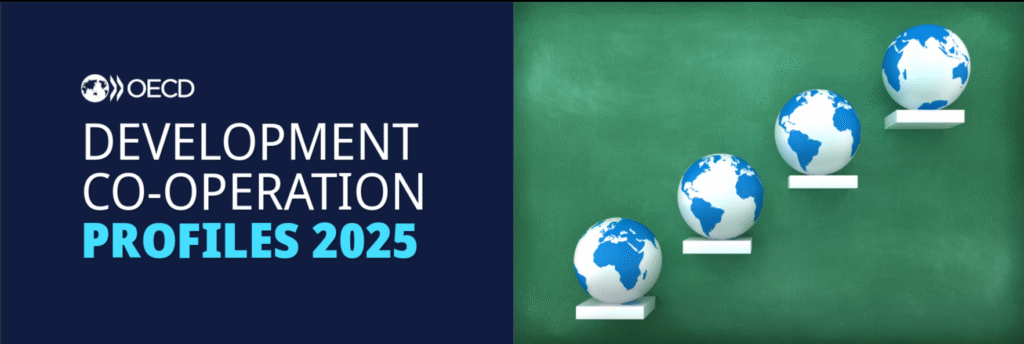
The “Development Co-operation Profiles” are an integral component of the OECD’s annual Development Co-operation Report. These profiles provide detailed, verified statistics and analyses on how development assistance is allocated across various regions, sectors, and priorities. They encompass contributions from Official Development Assistance (ODA) providers, including OECD Development Assistance Committee (DAC) members, non-DAC countries, and philanthropic foundations.
The profiles offer insights into:
- Geographic Allocation: Distribution of aid across different countries and regions.
- Sectoral Focus: Investment in areas such as education, health, infrastructure, and climate action.
- Cross-Cutting Priorities: Emphasis on gender equality, women’s economic empowerment, and environmental sustainability.
- Private Finance Mobilisation: Efforts to leverage private sector investments for development goals.
- Institutional Frameworks: Overview of the organisational structures and evaluation systems of aid providers
These profiles are updated annually and serve as a valuable resource for policymakers, researchers, and the public to understand trends, effectiveness, and strategic priorities in global development cooperation.
Development Co-operation Profiles 2025 cover 33 DAC members, 28 other official providers, and 28 private philanthropic providers. Enhancing transparency and accountability to international commitments, each profile offers insights into how development finance is used — from poverty and geographic focus to priority sectors, multilateral and civil society partnerships, and the use of private sector instruments. Interactive charts and information on the organisation and structure of each provider’s system allow users to compare and benchmark performance.
Development Co-operation Profiles: Greece
Greece’s ODA has yet to pick up as its economy recovers from its deep financial crisis in the 2010s. Greece’s development co-operation is primarily comprised of multilateral expenditure, principally to European Union (EU) institutions, and in-donor refugee costs.
Greece’s total ODA increased in 2024 to USD 357.6 million (preliminary data), representing 0.14% of Gross National Income (GNI).
